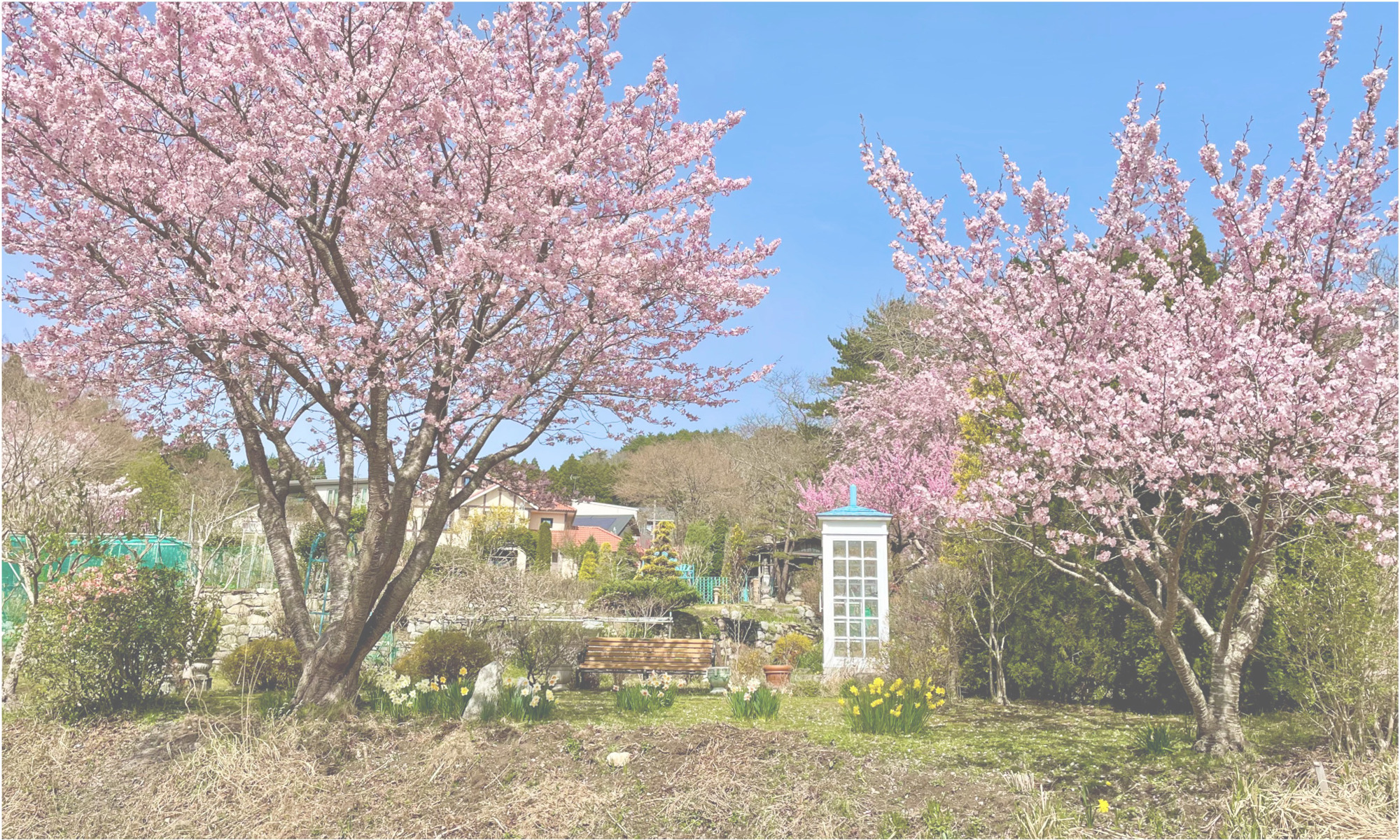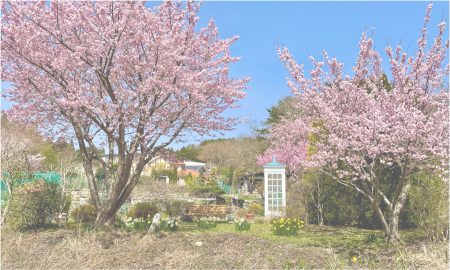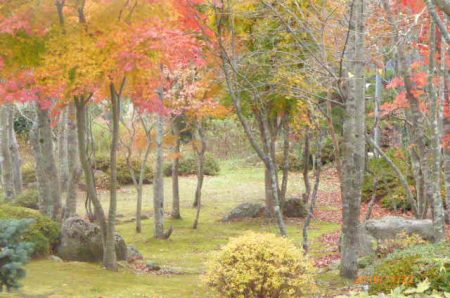On the afternoon of the 29th, a day of dazzling fresh greenery, the first “Grief Care by The Phone of the Wind” seminar was held.
This seminar focused on how to reduce grief when experiencing loss, rather than on how to care for people with grief. In my experience and in talking with people who have visited “Wind Telephone,” I have found that the loss of a loved one is not perceived in a uniform way, and that there are many individual differences depending on each person’s life circumstances up to that point. I believe that this individual difference is due to the fact that each one of us has a “heart”.
To deal with the “heart,” we first need to know what the “heart” is. We believe that in order to heal a wounded heart, it is difficult to respond without knowing its reality. To do this, I believe that we must not treat “heart” as a concept in the abstract, but must replace it with a familiar word and deal with it in a realistic manner. I see mind = life force (energy).
Secondly, I believe that we must be prepared to face any sudden change in life or health one day in a calm manner. To this end, I believe that, as the term “advance recovery” suggests, and as with training in sports, it is important to train or prepare in advance in one’s personal and social life as well.
In support of this, we believe that the low self-esteem and self-affirmation of the Japanese people, as shown in UNICEF’s surveys of the well-being of countries around the world, aggravates and prolongs grief in the wake of loss. To this end, it is important to provide moral education from elementary school onward, and to raise awareness that death is an extension of life and coexists with it, without making the topic of death taboo for those who have entered the workforce. We believe that the key to reviewing our own way of life is to gain “awareness” from a number of things and change it ourselves. The opportunity to review one’s way of life crosses in front of one’s eyes at any time, when something happens, or when one sees or hears something. The seminar concluded that it is one’s usual sensitivity and attitude (motivation) that determines whether to seize these opportunities and make them one’s own vitality or just look at them sideways and let them pass by.




